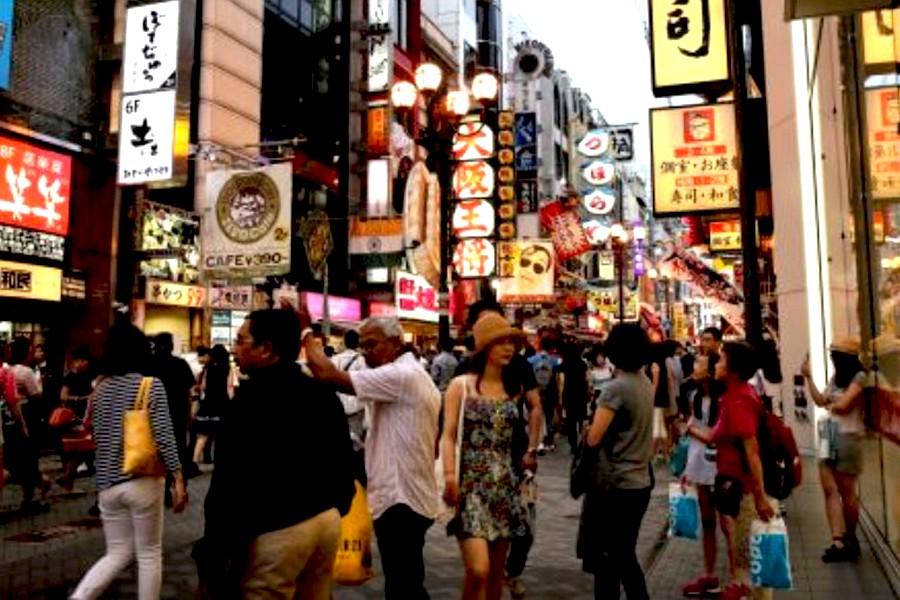Japan’s core inflation accelerated in August, industrial output rose more than expected and demand for labour remained at its strongest in over 40 years in a further sign of solid momentum of the country.
The flurry of data should bolster optimism about the outlook for growth of the third-largest economic country of the world, though the political indecision has raised some uncertainty over economic policy.
There was also some uneasiness about monetary policy as consumer prices remain distant from the central bank’s 2.0 per cent inflation target, reports Reuters.
Nationwide core consumer price index (CPI) rose 0.7 per cent. It was the eighth straight month of gains in the index, and followed a 0.5 per cent rise in July.
“Prices are rising gradually. Exports are supporting output and domestic demand doesn’t look too bad,” said Hidenobu Tokuda, senior economist at Mizuho Research Institute.
“As long as Abe remains in power, we will see a continuation of his policies, but it all depends on the election.”
Demand for labour remains at the strongest level since 1974 with data showing the jobs-applicants ratio hold steady at 1.52 in August.
Industrial output also rose a larger-than-expected 2.1 per cent in August from the previous month as manufacturers of construction equipment, autos, and electronic parts produced more goods.
Manufacturers surveyed by the government expect output to fall 1.9 per cent in September and then expand by 3.5 per cent in October.
Japan’s economy expanded at an annualised 2.5 per cent in the second quarter as consumer and company spending picked up.
But price and wage growth remain weak with firms still wary of passing more of their profits to employees, forcing the BOJ to push back the timing for reaching its price target six times since deploying a massive stimulus program in 2013.
The BOJ now expects inflation to hit 2.0 per cent in the fiscal year ending in March 2020, arguing that a tightening job market and solid economic growth will gradually push up prices.
Friday’s data also showed core consumer prices in Tokyo, available a month before the nationwide data, were up 0.5 per cent in September from a year earlier, matching a median market forecast.
Household spending rose 0.6 per cent in August from a year earlier in price-adjusted real terms, but this was below the median estimate of a 1.0 per cent increase.


